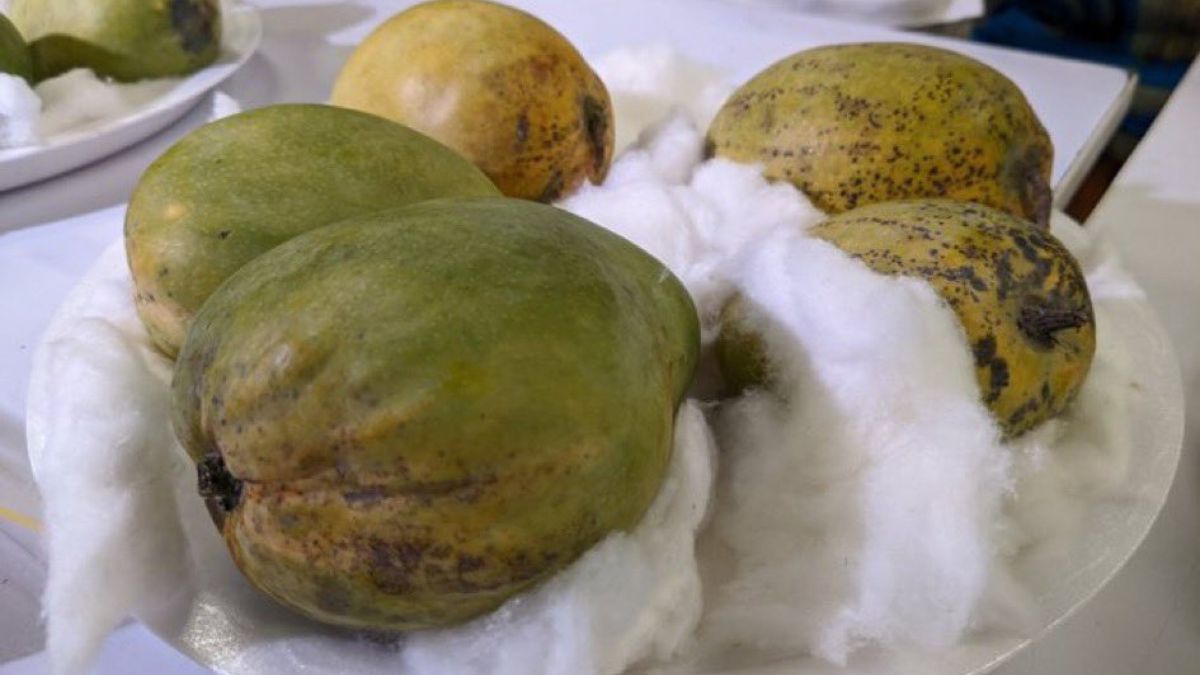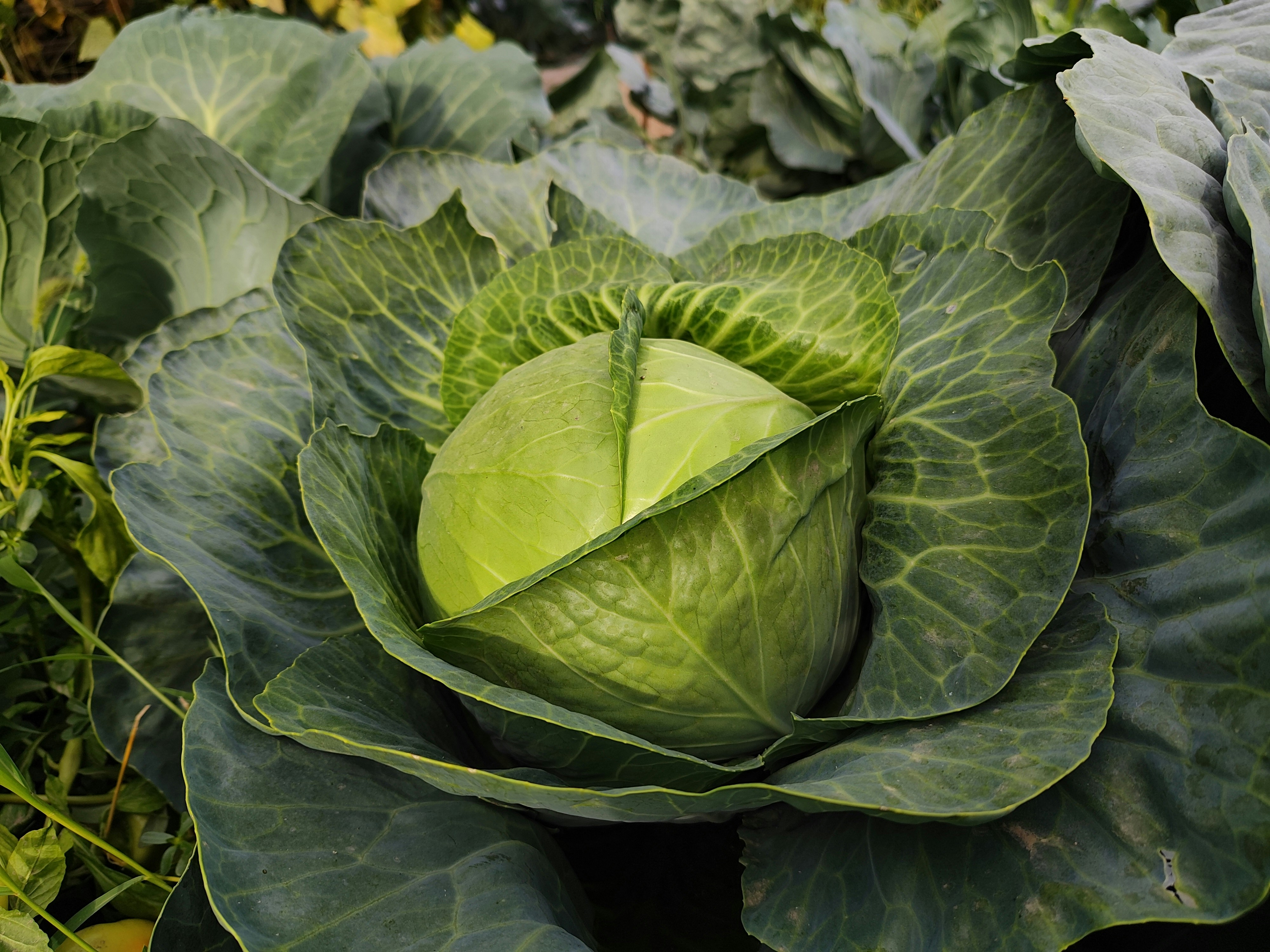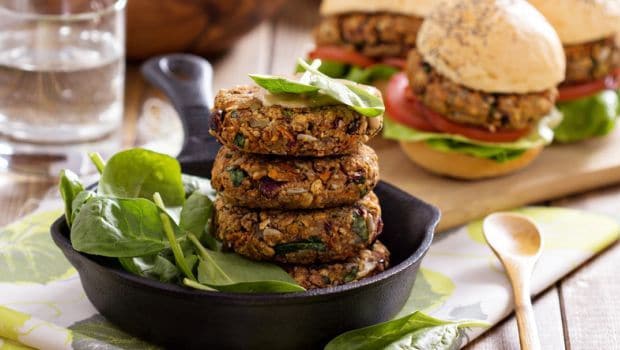Athletes don't need to eat a different diet from non-athletes, vegan dietitian Susan Levin of the Physicians Committee on Responsible Medicine says, they just need to eat a lot more than other people to give their bodies the fuel needed to function. As for protein, Levin says, "you're going to get enough protein as long as you're getting enough calories."James Loomis, medical director of PCRM's Barnard Medical Center, adds that a typical vegan diet allows people to get what he considers a natural ratio of 75 percent carbohydrates, 15 percent protein and 10 percent fat, saying, "When we look at Kenya, Ethiopia and Mexico, where distance running is part of the culture and the diet is mostly plant-based, those athletes aren't worrying about protein. There's something we can learn from that."Levin and nutritionist Ashley Koff suggest that athletes following a vegan diet consider taking a B12 supplement because the vitamin is naturally found only in animal products. A B12 deficiency can cause anemia, weakness and balance issues. Koff also recommends adding B6, which helps the body process fat and protein; folic acid, which treats certain types of anemia; and, even for men, iron. "We don't usually give iron to men, but some vegan man may run anemic," Koff says. "Plants are great sources of iron, but sometimes [that form] is not absorbed as well" as iron from meat.
Levin offers a sample of a plant-based meal for an athlete in training (the portions are roughly twice the amount of what the same meal would be for a nonathlete):2 cups brown rice, cooked
1 cup red kidney beans
2 cups raw spinach, steamed
1 cup prepared salsa
1 cup corn
1 cup broccoli, cooked
1.5 cups whole strawberriesTotal calories: 1,026
Total carbohydrates: 210 grams
Total protein: 41 grams
Total fat: 8 grams
Total fiber: 41 grams© 2016, The Washington Post(This story has not been edited by NDTV staff and is auto-generated from a syndicated feed.)








